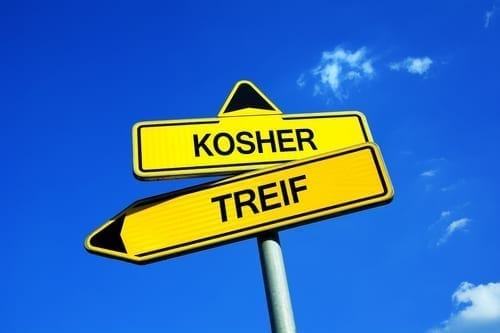Most people in Israel (and the rest of the world) have no idea what the Ethiopian Jews went through to come to Israel. Most people believe they were flown in but in truth most of their journey was by foot. In order to remedy this lack of appreciation for what really happened the Petach Tikva Municipality made a project called “Remembering in the Salon” to increase our awareness of the plight and determination of the Ethiopian Jews, who tried to get to Jerusalem, come what may.
Inbal Chokol a 40 year old Ethiopian woman shared her story of how she started her trek at age 6 wu=ith her parents and 8 brothers.
“As long as I can remember I always heard talk of going up to Holy Jerusalem” Inbal retells. “My mother told me that after I was born my grandfather blessed me saying: ‘This girl will get to Jerusalem, to our land. I always knew that we were in Ethiopia only temporarily. Sure enough one night our parents woke us up and said: ‘get up, we’re going to Jerusalem.’ I remember exactly how it looked: Our parents and my 8 brothers together with the entire Jewish village gathered together in the dark and whispered to keep things secret. We weren’t afraid we had the feeling of a dream about to come true.”
In this journey Inbal lost a sister that got sick and died and her baby 1 year old brother. Her mother and brother were separated for a while and then her mother came back without him. No one asked questions for death was part of life for all those parading on foot to Sudan on their way to Israel. Inbal told of how she starved was thirsty and got injured but kept it all to herself. “Everyone told themselves it’s all for the best the main thing is to get to Jerusalem.”
At the end of 1984 they arrived in Israel. Only then did Inbal’s mother cry night after night for her two children that died along the way. Her father asked that the family record the names of those that died along the way and to perpetuate their memory on a monument commemorating them. But her father never got to see this monument; in 2002 he was killed in a terror attack.
Israel Isaac is an ‘oleh’ from Ethiopia; he is 59 and a nurse by profession. He told over how his father sent him alone to go to Israel because of the battles in Ethiopia. His family stayed behind, Isaac thought it was too dangerous for them to embark on this journey.
“A guide took me to the Nile River at the Sudan border and left me at the river bank to cross the river on my own. I stayed at the bank, the current was furious and I didn’t know how to swim, but I needed to get across somehow. I stepped into the river and it was the most difficult time in my entire life. I saw death in front of my eyes, I could hardly breathe. I drank copious amounts of contaminated water and I let the river carry me. I not sure how it happened, but 2 days later I found myself on the other side of the river in Sudan.”
“In Sudan, I wretched my insides out from the contaminated water. When I saw I was going to survive I checked to see if my daughter’s picture survived in my pocket. The picture gave me strength and I told myself that I’m alive and my daughter is alive. I walked all night not knowing where. I found cow tracks and said where there are cows there will be a village.”
A few years later Israel Isaac’s wife came to Israel, alone. I heard from family members that she started out with our five and a half year old daughter and they actually made it to Sudan after traveling for a month. They both got sick and the girl even took care of her mother at one point until she succumbed to the illness.” Both Isaac and his wife can’t talk about their painful loss of the daughter who died on the way to Israel. “I think about her a lot, how she would be if she were still alive how she would have looked and where her life would have led her. But I’m too scared to think of how she died. In her last moments she wanted water and no one gave her any; she probably suffered greatly until she died.”
“As a hospital nurse it was clear to me that I would never work in the pediatric ward. I can’t deal with a suffering child.”
Rachel Tashleh is also a nurse who started her trek to Israel at age 16.
“A month and a half we walked until the Sudan border. The Nile was the most terrible picture I ever saw. People were going into the water and disappearing. We found out afterwards that the river was full of crocodiles and we didn’t want to disappear like those who did…”
“My father’s sister died in Sudan along with his niece, her three children his brother and his brother’s sons. We left a lot of bodies behind in Sudan. I think about it a lot but I never told anyone for years because I though no one would care. Today it is important to me that everyone knows that we came here because we love Zion and not because there any famine in Ethiopia.”





